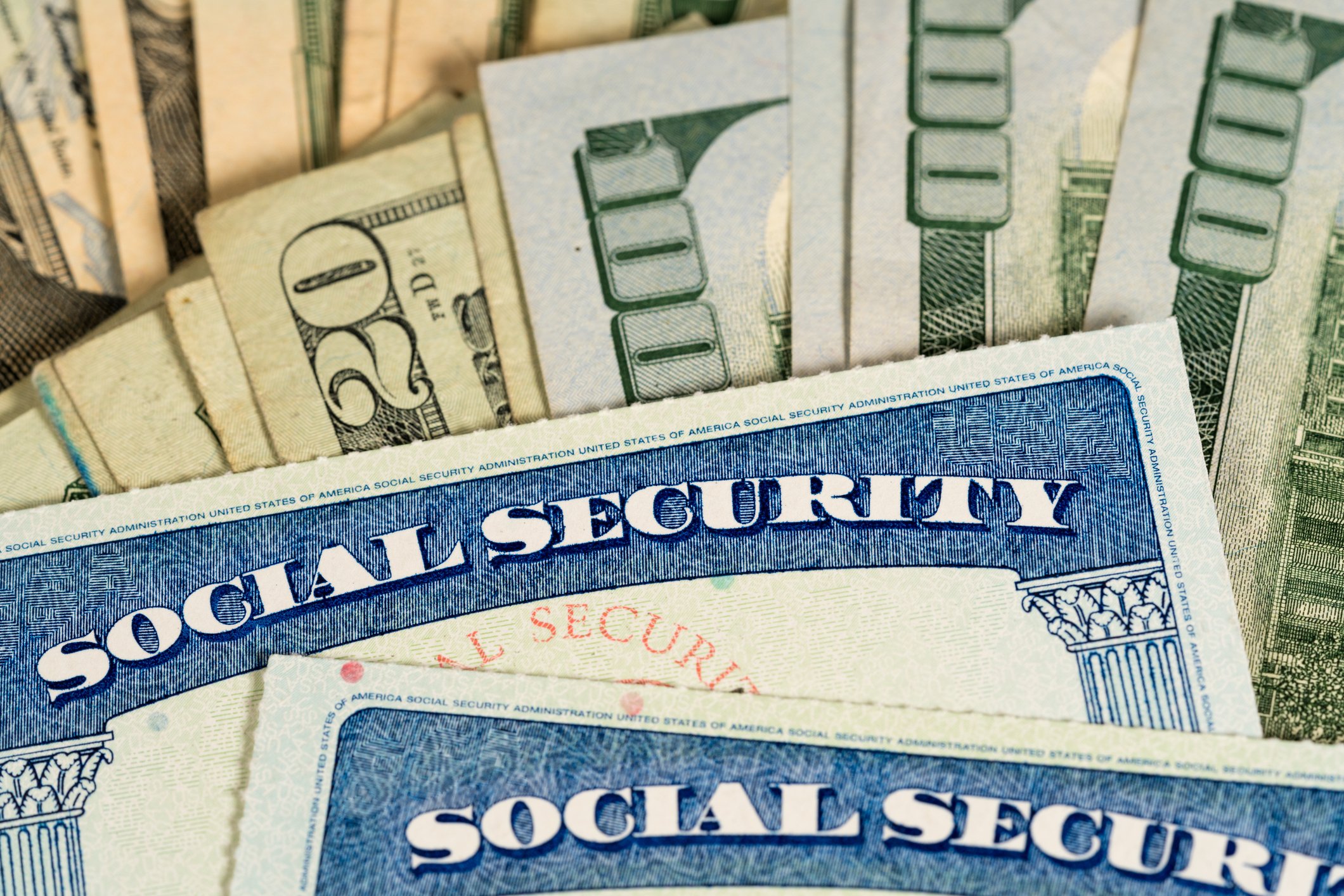Raises at work certainly aren't a given. But if you've been fortunate enough to snag one so that your 2020 paychecks are starting off higher than they used to be, then it pays to put that extra cash to good use. Here's how.
1. Build an emergency fund
Last year, the Federal Reserve Board found that 39% of Americans don't have the cash reserves available to cover an unplanned $400 expense. That's troubling on many levels.
If you don't have a complete emergency fund -- one with enough money to cover three to six months of essential living expenses -- then it's imperative that you build that cushion before the next unanticipated bill pops up. The good news? If you're getting extra money in your paychecks, you have an instant source of funding for your emergency savings, so take that additional cash and put it directly into the bank. Better yet, automate the process so that extra money filters right from your checking account into your savings account.

IMAGE SOURCE: GETTY IMAGES.
2. Boost your retirement savings
You need a healthy nest egg to pay your bills once you retire and your paycheck from work goes away. Yet an astounding 45% of Americans have no retirement savings at all, according to a GOBankingRates survey released last year.
If you've been neglecting your IRA or 401(k), your new paycheck boost offers a great opportunity to catch up. And if the latter savings option is available to you, you can sign up to have that added cash deducted by your payroll department automatically for a seamless ongoing transfer.
Some IRAs have automatic transfer features, too, so if that's your retirement account of choice, see if it's an option. Not only will it make your life easier, but it'll eliminate the temptation to spend the money you should be allocating to long-term savings.
3. Pay off costly debt
Whether you're loaded up on credit card debt, student loans, or debt related to your vehicle, the sooner you pay it off, the less money you'll throw away on interest. Though you generally can't automatically assign that extra money in your paycheck to an existing loan, you can be smart about how you manage it once it lands in your checking account -- namely, by quickly sending it over to your lenders once it becomes available.
4. Invest in your career
The more successful you are at work, the greater your chances of getting raises in the future, and larger ones at that. If you have a decent emergency fund, are on top of your retirement savings, and aren't carrying any unhealthy debt, then you might consider taking your extra cash and using it to further your career. That could mean going to graduate school, taking individual classes that help you develop new skills, or buying the equipment needed to kick off a potentially lucrative side hustle, thereby boosting your income even more.
Pay increases at work don't always land in your lap. If you were lucky enough to get one this year, don't waste it. Instead, use it to improve your financial picture or set yourself up for many more years of on-the-job success.





